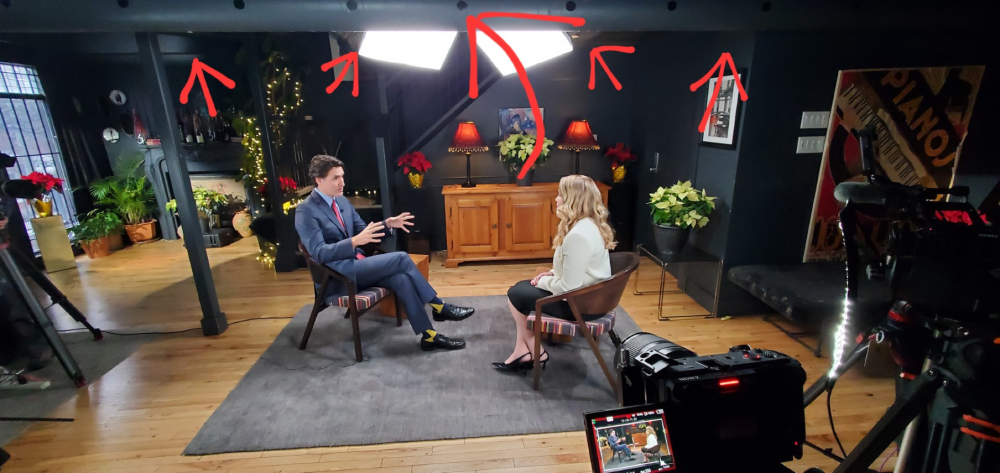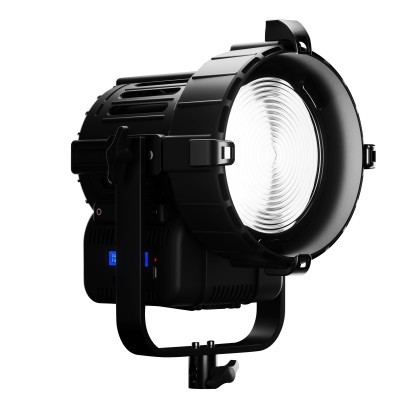How to choose a Location?
Clearly it depends on what your script or brief says so we need some examples to work with:
Location 1: two back-gardens with a low fence between them.
Script: one householder is envious of his next-door neighbour's new lawn mower.
Location 2: a school playground.
Script: a cuddly-toy monster is handing out a new range of chocolate bars.
Location 3: a hair-pin bend on a mountain road.
Script: the latest sports car showing off its road-holding.
Location 4: a Long Gallery in a Jacobean country mansion.
Script: a scene in a period drama.
Hmm….
Location 1 looks fairly straightforward but how does one know from the street what the gardens look like? – Hooray for Google Earth!
Find a likely area and start knocking on doors and talking to the house owners. Be sure to have ID with you (Letterhead from the Production Company etc) so they know you are genuine. A member of the Guild of Location Managers (www.golm.org.uk) will have a dated ID badge with phone numbers and a website where their bona fides can be checked. Take a copy of the script and be your charming self.
Location 2 is more difficult. You can’t go marching up to any likely looking schools and start taking photographs. Contact the Local Authority (through the local Film Office?) for suggestions of schools that might be suitable. Be prepared to send a copy of the script for clearance beforehand – this is likely to take time.
Location 3. This looks fun! This is exactly the sort of job that I had in mind when I became a Location Manager –sadly they are few and far between. Plenty of research needed before you get into your car and head for the wilds. Look for the place with the right landscape to suit your requirements. Can you find a road with the bend in the right place? Can you close the road to enable the filming to take place? Proper research at the beginning will save you hours of fruitless driving later on. Take loads and loads of photographs with notes of the time of day, position of the sun etc. You don’t want to waste time going back to take more pictures. Think about the practicalities of filming. Can you get heavy film equipment to the top of the hill where your best photos were taken from?
Location 4. Again preparation is key here. Can you tell the difference between Jacobean and Georgian or Early Victorian architecture?
Do you know what a Long Gallery is?
Check with the Film Office for the area to see if they have any library images of the large houses in their area. The National Trust has a filming department and a good library of images. The commercial Location Libraries all have an excellent selection of private period houses on their books.
Make appointments to visit your target list of houses and take plenty of photos.
Finding locations doesn’t just rely on the ‘right’ property; there are other considerations to take into account. A TV Drama or Feature Film crew comes with 10-15 large vehicles, all of which need to be parked near to the location. Parked end-to-end they would take up around 25-30 parking bays or about 150m of road. Is this possible? If your Director’s ideal location is up a small cul-de-sac in central London, where are you going to park all the support vehicles? You will need to speak to the residents in the area to let them know of your plans, particularly about parking and possible noise. The job of the Location Manager involves constantly balancing the needs and requirements of the Director and script against the practicalities of filming.
Choosing a location is a mixture of local knowledge, common sense, a great deal of leg-work and luck. A good Location Manager will have the following qualities, amongst many others, that enable them to offer locations that are suitable:
- A good knowledge of their own region and its local government procedures regarding filming
- A knowledge of architectural styles and periods
- An understanding of the craft and requirements of each of the film unit’s departments
- A good understanding of Health & Safety requirements and how they relate to filming.
- An ability to work long hours without complaint
- Unlimited quantities of good humour, tact and patience
I am indebted to Kell Gatherer of Location Works (www.locationworks.com) for his assistance in writing this article
© Richard Godfrey
Vice-Chair, The Guild of Location Managers
www.golm.org.uk



























